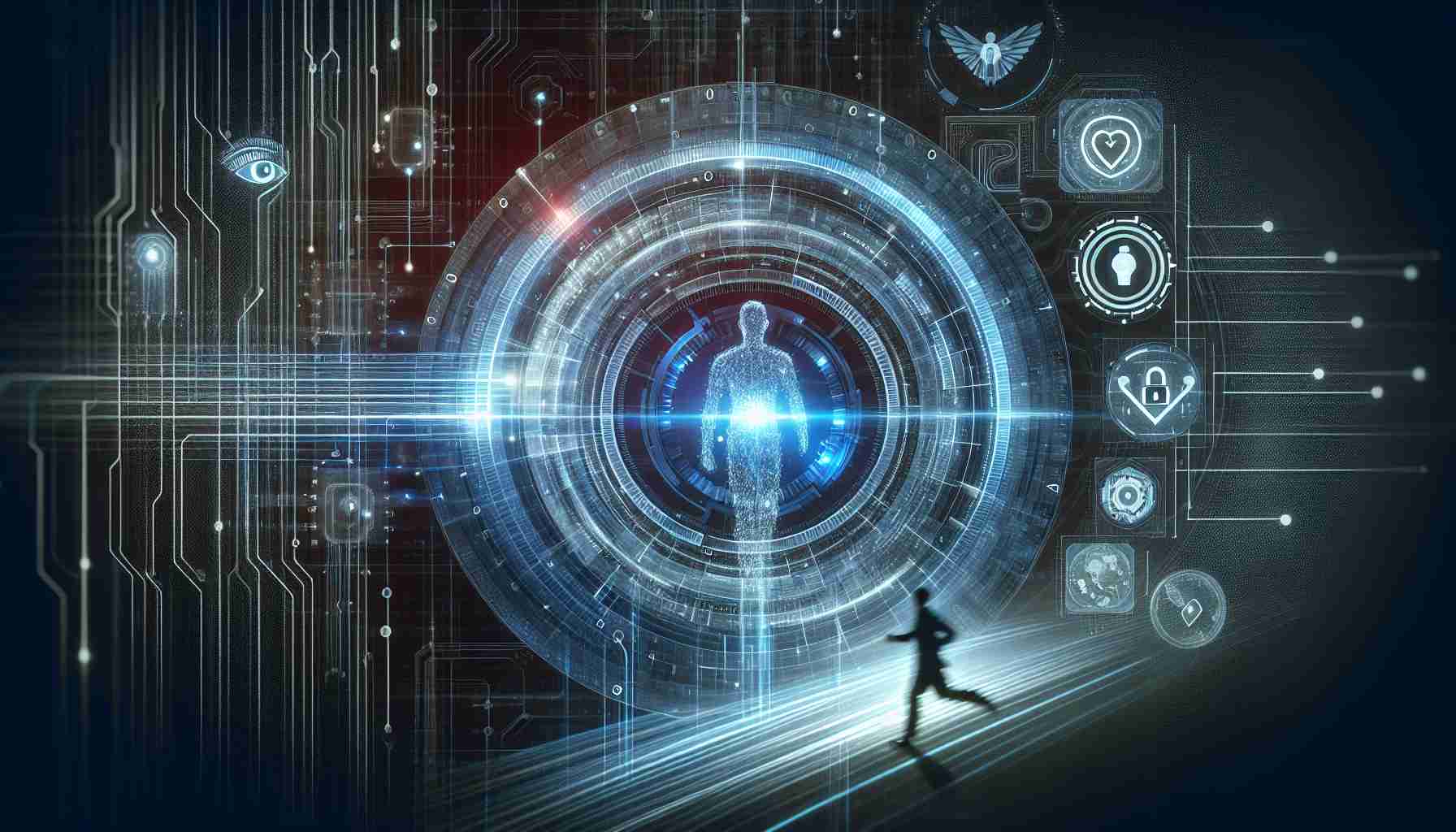In the fast-paced digital era, the rapid advancement of artificial intelligence (AI) is transforming industries and revolutionizing the way we live. However, along with its numerous benefits, AI also poses significant cybersecurity challenges. The governor of the Reserve Bank of India (RBI), Shaktikanta Das, recently highlighted the importance of tackling these challenges and urged financial institutions to prioritize the protection of customer information.
Financial institutions, as custodians of vast amounts of data on financial transactions and customer interactions, are particularly vulnerable to cyber threats. In his keynote address at the Annual Conference of RBI Ombudsman, Governor Das stressed the need to bolster monitoring systems and leverage technology to detect potential frauds before they occur. By focusing on root cause analysis of consumer grievances, institutions can proactively prevent recurring complaints.
Cybersecurity challenges have the potential to expose consumers to a range of risks, including identity theft, fraud, and unauthorized access to personal information. Such incidents erode consumer trust, undermining the very foundation of financial institutions. It is therefore imperative for these institutions to invest substantial efforts in safeguarding customer information and promptly identifying and addressing vulnerabilities that may compromise consumer security.
Governor Das further emphasized that the efficacy of any institution or entity can be assessed by the effectiveness of its grievance redressal mechanism. By creating a robust and efficient system for addressing customer complaints and concerns, financial institutions can not only enhance consumer satisfaction but also bolster their reputation.
FAQ:
Q: What are the cybersecurity challenges associated with AI?
A: The rapid advancement of AI brings along numerous cybersecurity challenges, including potential identity theft, fraud, and unauthorized access to personal information.
Q: Why are financial institutions particularly vulnerable to cyber threats?
A: Financial institutions hold vast amounts of data on financial transactions and customer interactions, making them attractive targets for cybercriminals.
Q: How can financial institutions protect customer information?
A: Financial institutions must dedicate substantial efforts to strengthen monitoring systems, leverage technology to detect potential frauds, and promptly address vulnerabilities that may expose customers to risk.
Q: Why is an effective grievance redressal mechanism important?
A: The effectiveness of a financial institution can be determined by its ability to address and resolve customer complaints. A robust grievance redressal mechanism not only enhances consumer satisfaction but also builds trust in the institution.
Source: Reserve Bank of India (https://www.rbi.org.in/)
FAQ:
Q: What are the cybersecurity challenges associated with AI?
A: The rapid advancement of AI brings along numerous cybersecurity challenges, including potential identity theft, fraud, and unauthorized access to personal information.
Q: Why are financial institutions particularly vulnerable to cyber threats?
A: Financial institutions hold vast amounts of data on financial transactions and customer interactions, making them attractive targets for cybercriminals.
Q: How can financial institutions protect customer information?
A: Financial institutions must dedicate substantial efforts to strengthen monitoring systems, leverage technology to detect potential frauds, and promptly address vulnerabilities that may expose customers to risk.
Q: Why is an effective grievance redressal mechanism important?
A: The effectiveness of a financial institution can be determined by its ability to address and resolve customer complaints. A robust grievance redressal mechanism not only enhances consumer satisfaction but also builds trust in the institution.
Definitions:
– Artificial Intelligence (AI): The simulation of human intelligence in machines, enabling them to perform tasks that typically require human intelligence.
– Cybersecurity: The practice of protecting computers, servers, mobile devices, electronic systems, networks, and data from digital attacks, damage, or unauthorized access.
– Identity theft: The fraudulent acquisition and use of another person’s personal information (such as name, social security number, or credit card details) for financial gain or other malicious purposes.
– Fraud: Intentional deception for personal or financial gain, typically involving dishonest or unethical behavior.
– Unauthorized access: Gaining entry to a computer system, network, or data without permission or authorization.
Related Links:
– Reserve Bank of India
The source of the article is from the blog hashtagsroom.com

